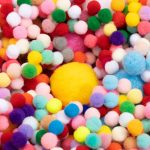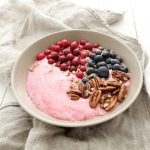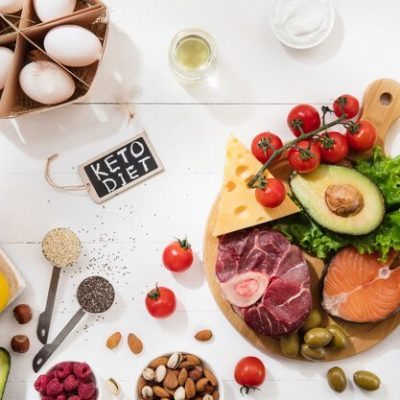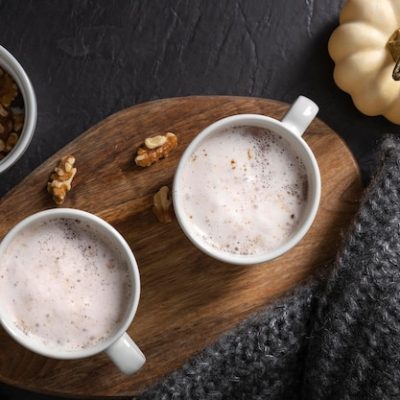You may have heard that drinking water can aid in weight loss. Perhaps you’ve come across suggestions to drink eight glasses a day or to gulp down water before meals to help maintain your weight. But how much water do you really need to drink to see results? And what is the actual link between hydration and weight loss?
There’s a lot of misinformation out there. With conflicting advice and trendy detox cleanses, it’s easy to feel overwhelmed. You might be unsure if you’re drinking too much, too little, or missing out on the benefits of water entirely.
Let’s sift through the confusion and get to the facts so you can determine the right amount of water for your weight loss journey. You’ll discover why staying hydrated is important, how to assess your personal water needs, and practical tips to help you maintain hydration while losing those extra pounds.
This post may contain affiliate links, which help keep this content free. Please read our disclosure for more information.
Water is essential for a well-functioning body, but how does it specifically relate to weight loss? Here’s a closer look at how hydration can impact your weight management efforts:
Drinking water before meals can help you feel fuller, which may lead to eating less and consuming fewer calories. Sometimes, we confuse thirst with hunger because the hypothalamus, the part of the brain that regulates hunger and thirst, can send similar signals for both. This misunderstanding often results in unnecessary snacking, which can hinder your weight loss progress.
Staying properly hydrated ensures that your digestive system operates smoothly. Water aids in breaking down food more effectively and supports nutrient absorption. It also keeps your digestive tract lubricated, preventing constipation and promoting regular bowel movements. When you’re dehydrated, your body tries to conserve water by drawing it from the colon, which can lead to constipation and sluggish digestion.
Drinking enough water can keep your digestive system functioning well, allowing your body to process and eliminate waste efficiently. Additionally, the fiber in your diet needs water to work properly, as it expands and helps move food through the digestive tract.
Overall, water plays a vital role in supporting your weight loss efforts, from boosting your metabolism to helping you avoid unnecessary snacking. Staying hydrated is a small change that can lead to significant results over time.
So, how much water should you be drinking? The answer varies for everyone, and your individual water needs depend on several factors. Here’s a closer look at how to determine your optimal hydration level.
You may have heard of the “8×8 rule,” which suggests drinking eight 8-ounce glasses of water a day (about 2 liters). It’s a simple guideline to remember and can serve as a good starting point. However, it’s not a one-size-fits-all solution, and individual needs can differ greatly.
To find the right amount of water for you, it’s important to take a personalized approach. A simple formula is to drink half an ounce to an ounce of water for every pound of body weight. So, if you weigh 160 pounds, you would aim for 80 to 160 ounces per day (10 to 20 cups).
Keep in mind that water isn’t your only source of hydration. Other beverages and water-rich foods like fruits and vegetables also contribute to your daily fluid intake. Pay attention to your body’s signals and adjust your intake based on how you feel. Signs of dehydration include dry mouth, dark urine, and headaches, while drinking too much water can cause nausea, bloating, and confusion.
Ultimately, finding the right balance for your body is essential. Stay aware of your water intake and adjust it to fit your lifestyle, making hydration an effortless part of your daily routine.
If you’re having trouble getting your daily water intake, you’re not alone. It can be easy to forget to drink enough water, especially with a busy schedule. But with a few creative strategies, you can make hydration a habit and ensure you’re consistently meeting your needs. Here are some practical tips to help you stay hydrated:
Plain water can sometimes taste dull, but adding a splash of natural flavor can make it more enjoyable to drink. Don’t just drink your water; eat it too! Many fruits and vegetables have high water content, making them excellent snacks for hydration.
Keeping a reusable water bottle nearby is a simple yet effective way to ensure you’re always hydrated. Technology can also be a great ally in helping you stay on track with your hydration goals. Sometimes, all you need is a little reminder to drink water.
Involving friends, family, or colleagues in your hydration goals can make it more fun and motivating. Staying hydrated doesn’t have to feel like a chore. With these practical tips, you’ll find it easier to make hydration a natural and enjoyable part of your daily routine. Your body will appreciate it!
When it comes to water and weight loss, there are many myths and misconceptions. Some people think that drinking large amounts of water will magically make the pounds disappear, while others believe that water detoxes are the ultimate solution.
Let’s clarify some common misconceptions so you can approach hydration with confidence. Drinking excessive water won’t magically eliminate fat. The notion that simply drinking more water will lead to weight loss is an oversimplification. Consuming too much water in a short time can lead to water intoxication, also known as hyponatremia.
While drinking water is beneficial, it alone won’t detoxify your body. Your liver and kidneys already do a great job of that. Staying hydrated is essential for overall health and can assist in weight loss, but it’s not a miracle solution. Approach hydration with realistic expectations, and combine it with a balanced diet and regular exercise for sustainable results.
Different groups may have unique hydration needs based on their activity levels, age, or health conditions. Understanding these specific requirements can help ensure you’re properly hydrated, regardless of your lifestyle or life stage.
For athletes and those with active lifestyles, proper hydration is vital for optimal performance and recovery. Hydration needs can vary significantly between older adults and children, so it’s important to address these unique requirements. Certain health conditions can greatly affect hydration needs. If you have a medical condition that impacts fluid balance, consult a healthcare professional for personalized advice.
Pregnancy and breastfeeding also increase hydration needs due to the extra demands on the body. Staying properly hydrated is crucial, but knowing your unique needs is key to optimizing your fluid intake. By considering these special factors, you’ll be better equipped to tailor your hydration habits to your lifestyle and health requirements.
Water is essential for weight loss, but it isn’t a magic solution. Finding your personalized hydration sweet spot will support your weight loss goals while helping you feel more energized and healthy. Pairing proper hydration with balanced nutrition, regular exercise, and adequate sleep is essential for successful weight loss.
If you’re looking for a structured approach to achieve your goals, consider joining the 21-Day Fat Loss Challenge. This challenge includes a diet and eating plan, daily workouts, and support to help you shed those extra pounds. Stay hydrated, stay active, and let’s work together to reach those weight loss goals!










